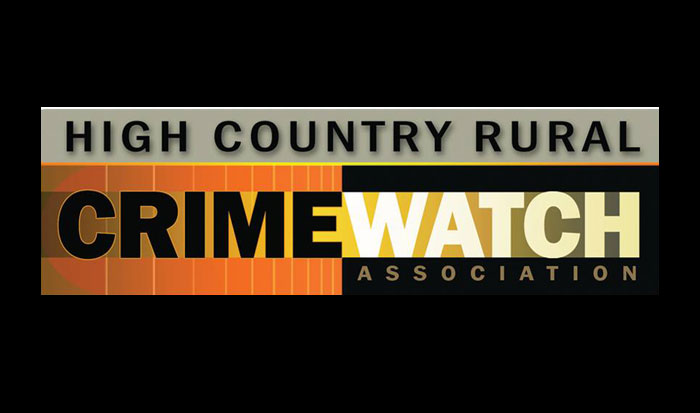Top Ten Things to Help Keep Your Property Safe
Here is a list of the top ten things you can do to help keep your property safe. They are gleaned from various web sites and research for other articles I’ve done over the years. I’ve tried to rank them in importance but it’s a loose ranking. I’ve also tried to first address things you only have to do once followed by those that should be continuous habits and that require ongoing effort.
- Install motion sensor lights. They can be the kind you hook up to your electrical system, or for remote areas, those that either run on a photocell or batteries. If using batteries, you’ll likely have to change them once or twice a year.
- Install a real or fake security camera(s) along with security warning signs.
- Keep bigger vegetation (eg bushes) away from the house to help thwart thieves trying to hide. This is also good FireSmarting.
- Don’t keep your garage door opener and your insurance and registration in the car. As I wrote last month, this is basically giving a thief the keys to your house (or only the garage if detached) and the address for the “key”.
- Install a video doorbell or one of those early warning devices that alert you when someone is coming up your driveway and have them hooked up to your phone. Next, we’ll get into things for which you’ll have to develop habits (ie you’re going to have to do them continuously).
- Install a gate and lock it at night and when you are out. If you install an automatic gate, you don’t have to go out and lock it every night or each time you go out. If you have a lock and chain on your gate, always lock it with the lock on the inside. A lock on the outside tells a thief you’ve left. I would have listed this higher up, but it’s situated here since you have to go out and lock it every night. If you have the automatic gate, I’d list it at number one above. It’s also wise to keep it locked even if you are home so thieves can’t use the open/closed test to determine if you are home/away.
- Get a dog. Insurance studies have shown that a home with a dog has a lower chance of being broken into. In rural areas it’s not quite as foolproof as dogs are often kept inside at night for safety reasons (eg. Cougars, coyotes). This will keep your home (and your dogs) safe, but buildings and vehicles outside will still be vulnerable.
- Don’t leave easy theft items in sight (bicycles, quads – and don’t leave the keys in them) or leave your garage door open to allow thieves to go window shopping as they drive by, especially if there is a clear view from the road.
- If you are going to be away for an extended time, make the place look like someone is home. Install timers on lights, the TV or radio and try to have variable turn on/off times so thieves can’t discern a pattern. Cut your grass before you leave and have someone come and cut it when it needs cutting again. In the winter it is important to have vehicle or pedestrian tracks along the driveway. Thieves will sometimes lean something on the gate to tell how often it gets opened so having someone check on the place removes this test for them. Also, when you are on an extended absence, hide all the keys so they are not hanging by the door allowing thieves, once they are in your home, access to all of your vehicles, quads, trailers, spare or farm vehicles. Don’t advertise on social media that you are going away on vacation.
- Always lock your vehicles. We’ve recently had a series of break-ins in Foothills County with video footage of thieves trying vehicle doors at night. If they were locked, they moved on to the unlocked ones. A number of vehicles were entered in this manner, and one with the keys in it was stolen.
There are more things you can do, but these ten will significantly lessen your chances of a break-in. Thieves have confessed that people make it too easy for them.
One other item definitely worth mentioning but which may not necessarily belong in this same category, is that of fraud. It is becoming one of the top crimes in Canada. Fraud often takes a back seat when people think of crime, but it is real, and it can be the largest loss you will face.
Dave Schroeder
HCRCWA Board Member























